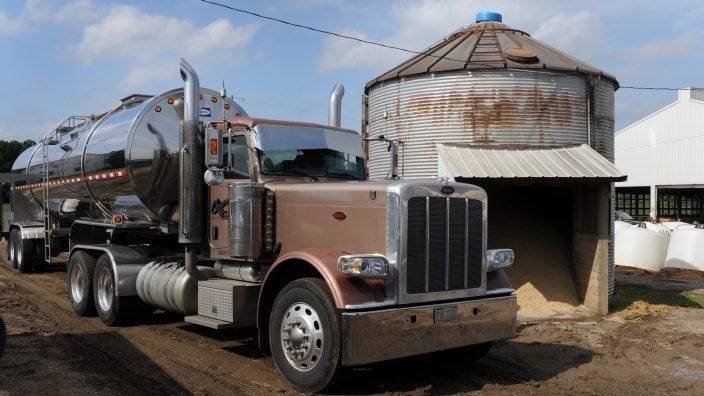Farmer’s Guide to Trucking Regulations available to Ohio Farm Bureau members
The guide includes a farm driver checklist, overview of state and federal regulations and exemptions, CDL qualifications and more.
Read More
WASHINGTON – Today, the Cybersecurity and Infrastructure Security Agency released guidance to help state and local jurisdictions and the private sector identify and manage their essential workforce while responding to COVID-19.
As the nation comes together to slow the spread of COVID-19, the president issued updated Coronavirus Guidance for America March 16. This guidance states that:
“If you work in a critical infrastructure industry, as defined by the Department of Homeland Security, such as healthcare services and pharmaceutical and food supply, you have a special responsibility to maintain your normal work schedule.”
CISA executes the Secretary of Homeland Security’s responsibilities as assigned under the Homeland Security Act of 2002 to provide strategic guidance, promote a national unity of effort, and coordinate the overall federal effort to ensure the security and resilience of the Nation’s critical infrastructure.
The list of Essential Critical Infrastructure Workers was developed in coordination with federal agencies and the private sector as a guide to help decision-makers within communities understand how to ensure continuity of essential functions and critical workforce as they consider COVID-related restrictions in certain communities (e.g., shelter-in-place). Ohio Farm Bureau provided comments for this listing.
The list can also inform critical infrastructure community decision-making to determine the sectors, sub sectors, segments, or critical functions that should continue normal operations, appropriately modified to account for Centers for Disease Control (CDC) workforce and customer protection guidance. Food and agriculture is among those critical functions that include but are not limited to, systems that support healthcare personnel (e.g., doctors, nurses, laboratory personnel, etc.), the food industry (e.g., retail groceries and pharmacies), communication providers (e.g., operator, call centers, IT data centers), defense systems support, law enforcement, public works, and other essential operations. Workers who support these critical functions are necessary to keep critical systems and assets working.
“As the nation comes together to slow the spread of COVID-19, everyone has a role to play in protecting public health and safety. Many of the men and women who work across our nation’s critical infrastructure industries are hard at work keeping the lights on, water flowing from the tap, groceries on the shelves, among other countless essential services,” said Christopher Krebs, CISA Director. “As the nation’s risk advisor, this list is meant to provide additional guidance to state and local partners, as well as industry, building on the president’s statement that critical infrastructure industries have a special responsibility to keep normal operations. We’re providing recommendations for these partners as they carry out their mission to keep their communities safe, healthy, and resilient. And on behalf of CISA, we thank the brave men and women who continue these essential jobs in challenging times.”
The list of Essential Critical Infrastructure Workers was developed using existing data and analysis, including publicly available analysis done by the president’s National Infrastructure Advisory Council in 2007. The list does not impose any mandates on state or local jurisdictions or private companies.
CISA will use this list to support federal, state, local, tribal, and territorial government response to COVID-19. View the full list of Essential Critical Infrastructure Workers and other details.


The guide includes a farm driver checklist, overview of state and federal regulations and exemptions, CDL qualifications and more.
Read More


ODA will enroll 500,000 acres into the program for a two-week sign-up period, beginning April 22, 2024, through May 6, 2024. Contact local SWCD offices to apply.
Read More

Katie Share of Columbus has been named ExploreAg and Youth Development Specialist for Ohio Farm Bureau.
Read More

Mary Klopfenstein of Delphos has been named Young Ag Professional and Ag Literacy Program Specialist for Ohio Farm Bureau.
Read More

The plan has been updated to give sole proprietors access to more rate stability and a smart solution that offers potential savings on health care.
Read More

The American Farm Bureau Federation, in partnership with Farm Credit, is seeking entrepreneurs to apply online by June 15 for the 2025 Farm Bureau Ag Innovation Challenge.
Read More

Adele Flynn of Wellington has been elected treasurer of the Ohio Farm Bureau Federation and now holds the third highest elected office in Ohio’s largest and most influential farm organization.
Read More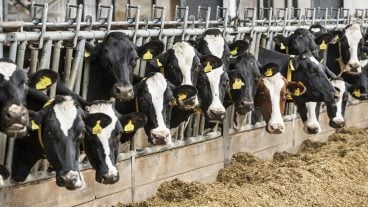
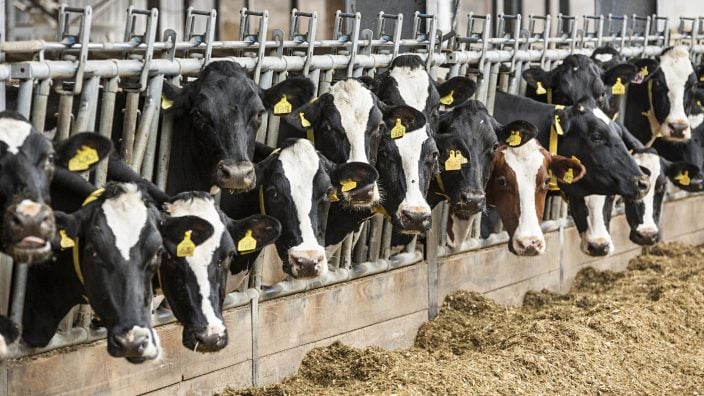
Producers are urged to work with their veterinarian to practice enhanced biosecurity measures and review and limit cattle movements within production systems.
Read More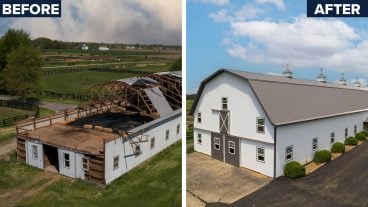
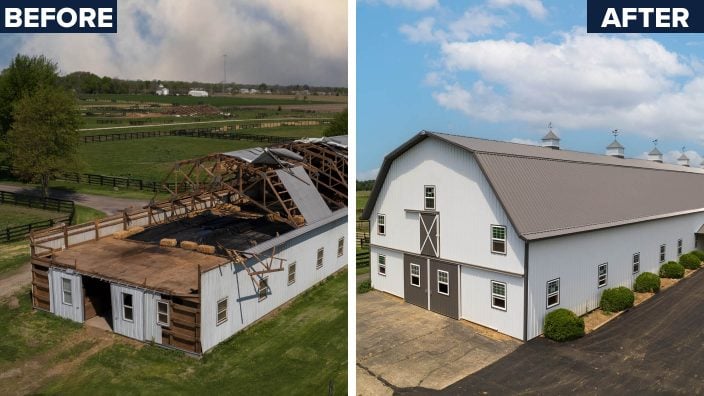
The changing seasons bring with them the need to thoroughly inspect pole barns for any damages that may have occurred during the winter months.
Read More

Hundreds of Ohio businesses and sole proprietors are raving about Ohio Farm Bureau’s Health Benefits plan with lower, predictable costs and easy enrollment and administration options.
Read More